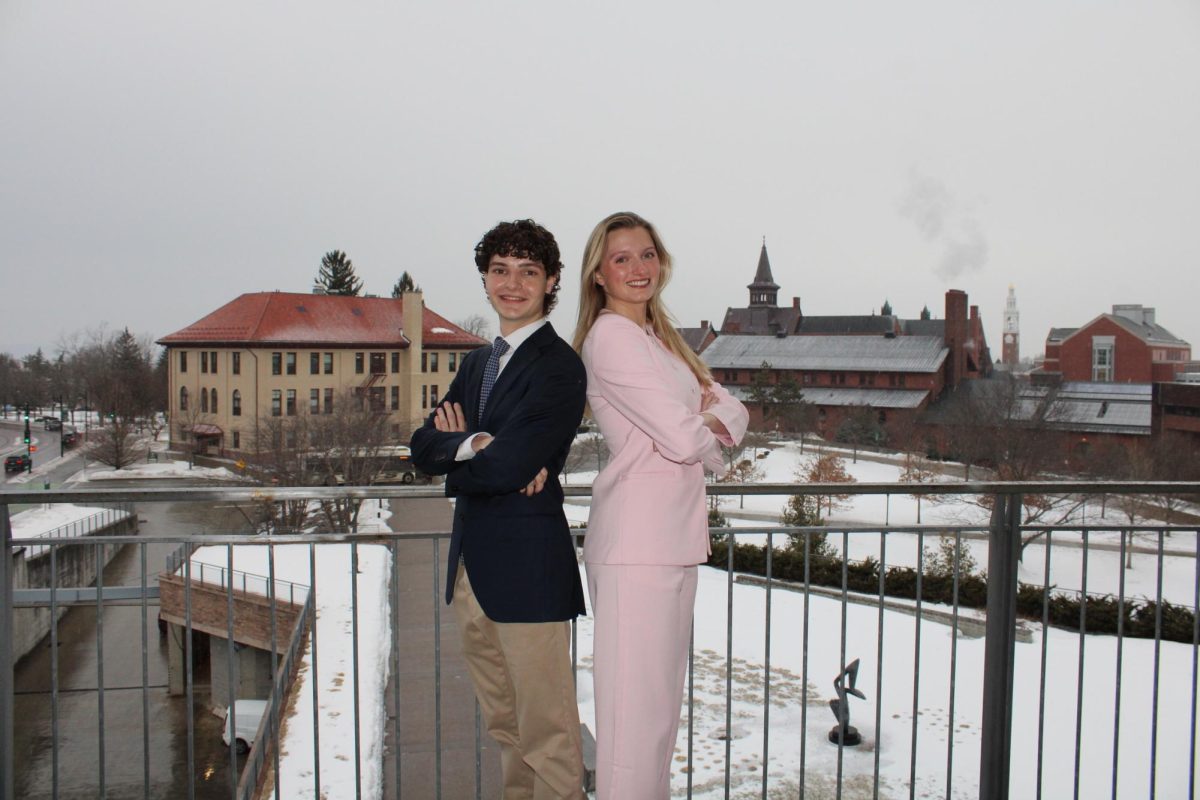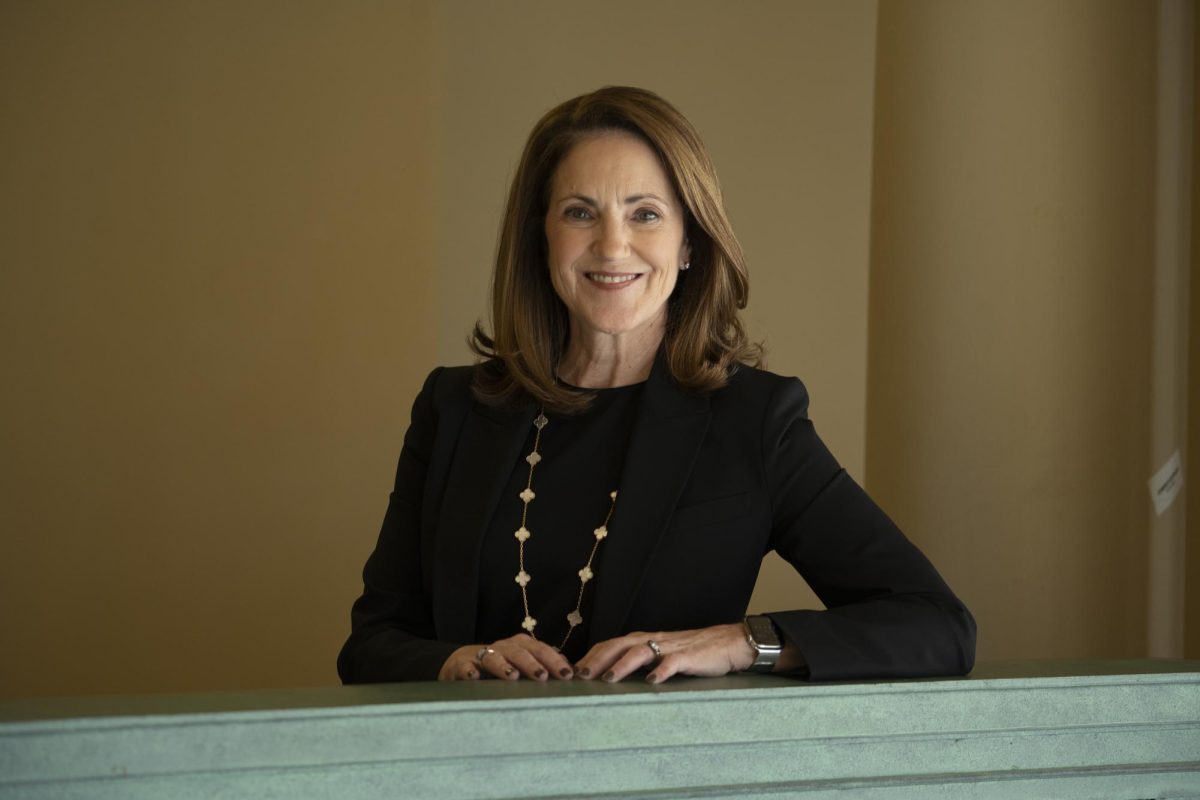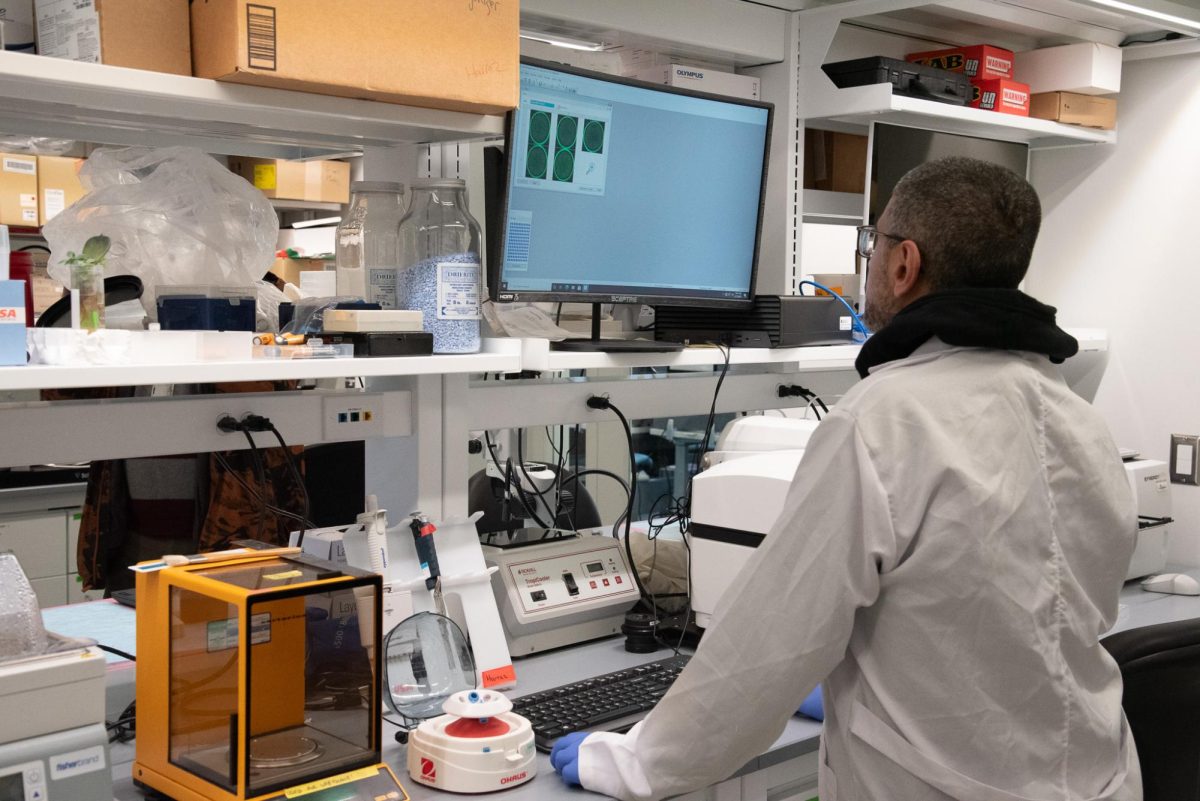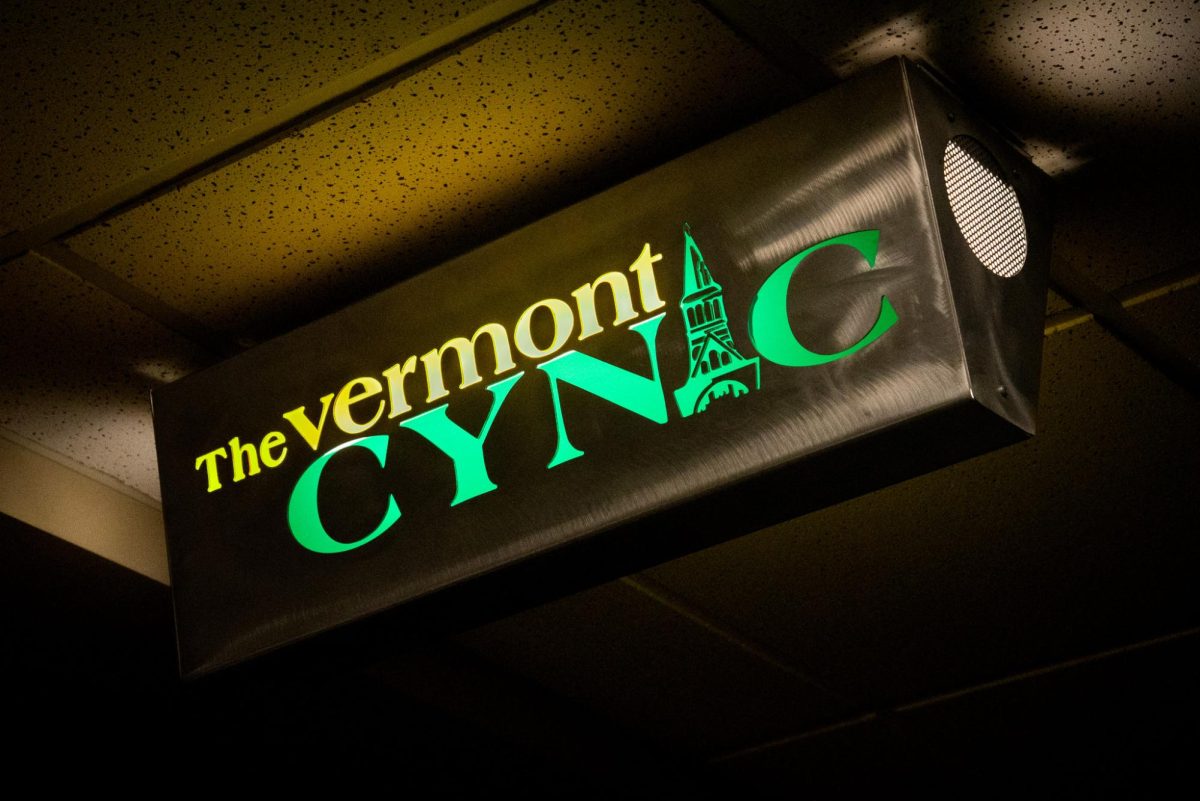As elections for Student Government Association president and vice president approach, students are rushing to decide who the next president will be.
SGA officials raced to inform students about the election and debate for the next SGA president and vice president. A Facebook post by senior Casey Short, chair of the public relations committee, promoted the debate on Monday night, just a few hours before the event began.
Voting for this year’s SGA elections closes at 4 p.m. March 25. Candidates’ petitions and platforms were due by 5 p.m. March 20.
President Aya AL-Namee promoted the debate on Facebook and encouraged voters to read the candidates’ platforms, linking them to the SGA website an hour before the debate.
First-year Evan Jackson said he felt that elections were happening “pretty fast.”
“I did know the elections were taking place because of a few posters I’ve seen,” Jackson said. “I do not know when voting day is.”
SGA elections must take place five weeks before the last day of classes, according to the organization’s constitution.
“The constitution says we need a president by April, so we have to condense the election process because what’s the point of starting before spring break,” said first-year Lachlan Francis, chair of the elections committee.
This also gives the new president and vice president enough time to choose the speaker of the senate and treasurer, said Patrick Brown, director of Student Life.
“I’ve seen posters about the SGA elections but I do not know who is running,” first-year Kirsten Fletcher said. “I did not know a debate is going on. I probably do not plan on voting.”
First-years Aidan Sullivan, Priyanka Santhanakrishnan and Emilia Difranco also said that they didn’t know about the elections.
“I’ve seen stuff about it happening, people have come to my classes and asked me to sign their sheets to get on the ballot,” senior and Kappa Delta sorority member Abigail Blake said.
“Someone went as far as coming to my chapter meeting, but other than that I haven’t been following it,”she said.
“There’s going to be a very small number of votes cast. It’s not like half the student body is going to vote,” Francis said. “Who’s going to do the best job of getting their friends and allies to vote for them is what it’s going to come down to and it doesn’t mean you have to be the cool kid, it’s just networking.”
Elections packets were made available to sign out March 9, AL-Namee said.
“The second you sign out a packet you are officially a candidate,” she said. “You have a week to collect signatures, so you have a two to three week long process. It always has been like that.”
There is a direct relationship between the amount of people that run in the elections, and the amount of people that turn out to vote, Brown said.
He said that although communication happens “more rapidly” with social media, people rely on it too much.
“It is a very short period of time, technically, but if you budget your time properly and you’re organized, you could easily achieve the goals that you want,” AL-Namee.
“On the day of elections I think candidates are the ones reaching out to students the most,” Short said. “You know letting them know that you would love their support and that’s how we really get the best voter turnout is from individual candidates.”
Tyler Davis and Jason Maulucci were sanctioned for not meeting the deadline to turn in their platforms, and as such, they will not be listed on the SGA website, Davis said.
They will still be on the ballot and their platforms will be on their campaign Facebook page, he said.
Presidential candidate Khalil Lee was also sanctioned, Francis said.
Lee didn’t submit any receipts for professional photos he had taken of himself, he said.
Due to this infraction, his campaign has been fined $25, which is one-sixth of his campaign budget, Francis said.













